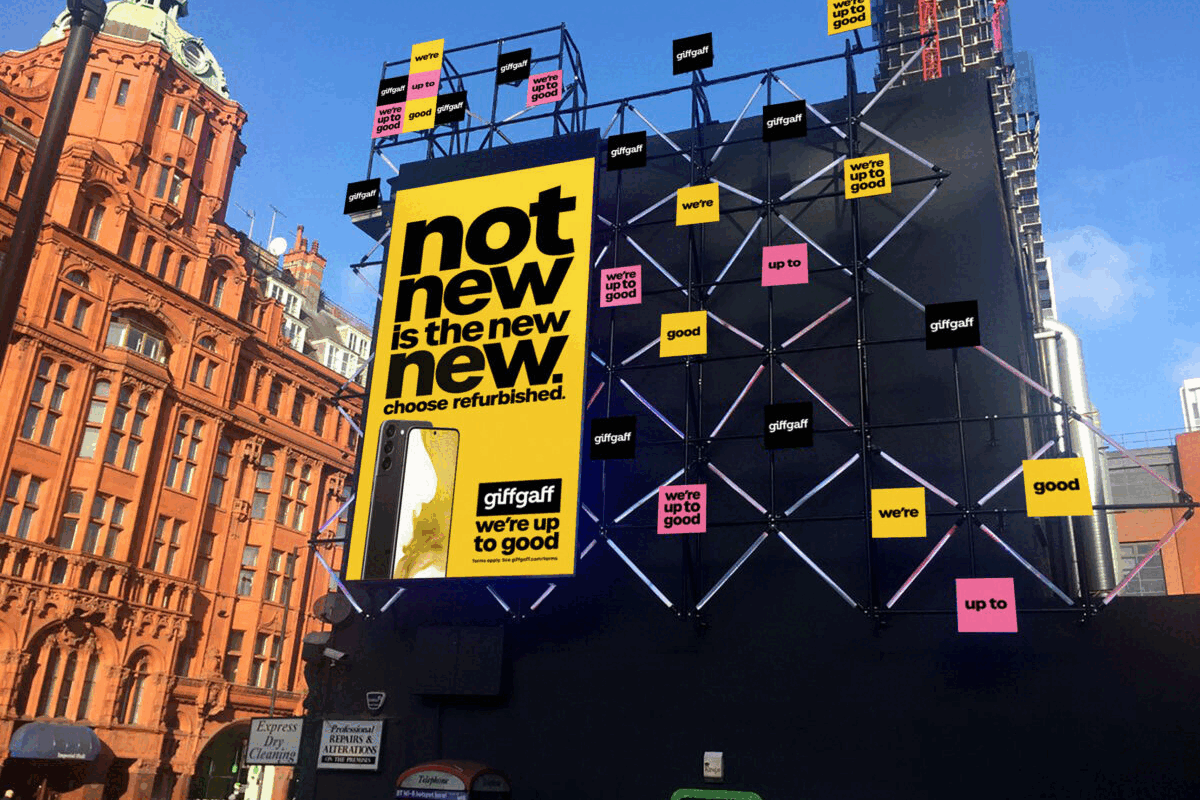Consumers remain largely unaware about how their data is used, despite GDPR
- Thursday, May 23rd, 2019
- Share this article:
 A year on from the implementation of GDPR, a large chunk of consumers around Europe still have no idea about how their data is being collected, stored, and used by companies, highlighting that the regulation may not be having its desired effect.
A year on from the implementation of GDPR, a large chunk of consumers around Europe still have no idea about how their data is being collected, stored, and used by companies, highlighting that the regulation may not be having its desired effect.
According to a Ogury survey of 287,571 mobile users from the US, UK, Germany, Spain, Italy, and France, just eight per cent of people feel they better understand how their data is used than a year ago. In the UK, 59 per cent of 46,964 respondents agreed their understanding was no better than before GDPR, and a further 29 per cent didn’t even know what GDPR was. Across Europe, the average was higher at 39 per cent.
“GDPR has not been taken seriously enough by organisations. These might be disheartening numbers for lawmakers and regulators, who will have no doubt hoped for a far greater level of understanding from the very consumers that GDPR is designed to protect. But marketers should similarly take heed of this admission by users that the message is not getting through in sufficient numbers,” said Thomas Pasquet, co-founder & CEO at Ogury.
“Businesses need to deeply understand what GDPR is and in turn educate consumers around the importance of data sharing; this level of consumer education will become increasingly important across the globe. We are already seeing this level of education begin to happen in the US as we prepare for the California Consumer Protection Act (CCPA), which will go into effect on 1 January 2020.”
Just seven per cent of UK consumers notices on average, while 15 per cent only read consent notices if they are short, showing that businesses are falling short of the requirement for explicit and informed consent. Moreover, 58 per cent of people from European countries (52 per cent globally) do not understand how companies use their data even after reading consent notices.
“The industry desperately needs to earn back consumers’ trust, by granting them a clear and fair choice and gaining their explicit consent. That means consent notices must be in plain words, published in plain sight,” said Elie Kanaan, CMO at Ogury. “There is an opportunity to simultaneously alleviate consumer privacy concerns and increase mobile engagement… Unfortunately, over the past year, companies have failed to take GDPR seriously, which means there is a chance that the industry will be led to more privacy scandals and concerns in the near future.”
When given explicit choice, 71 per cent of consumers globally would be prepared to share data from their mobile apps and website usage, as well as contact details, to continue gaining free access to apps and content.
“The fact that 71 per cent of mobile users globally would share their data if they know exactly what data is being collected and how it will be used, tells us clearly that consumers are willing to contribute to preserve a free internet as long as the exchange is fair and respected,” Kanaan added.















